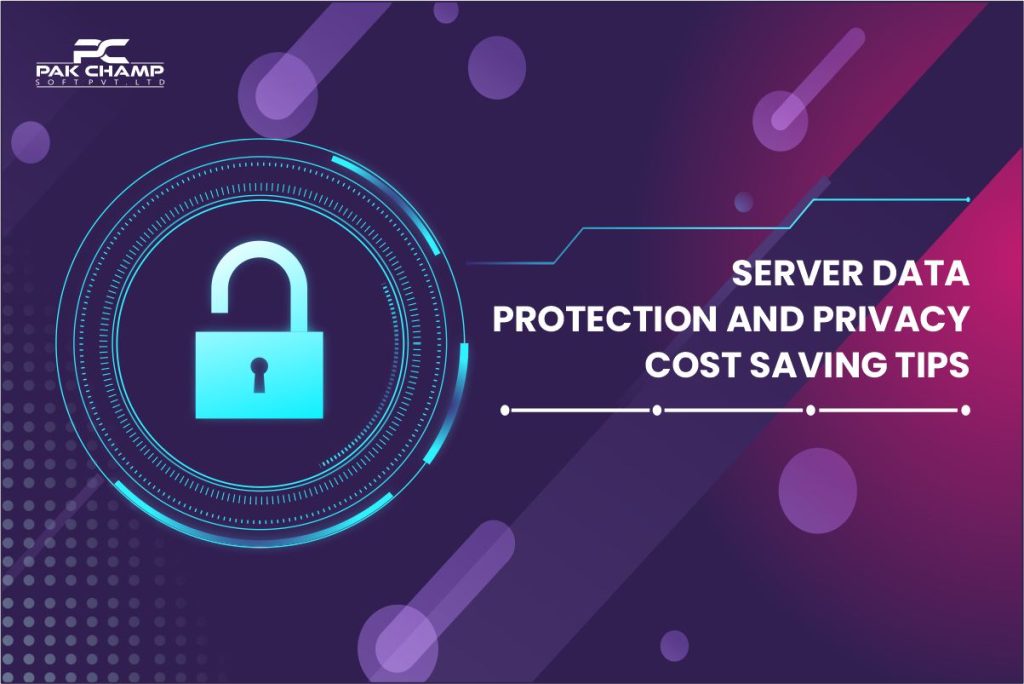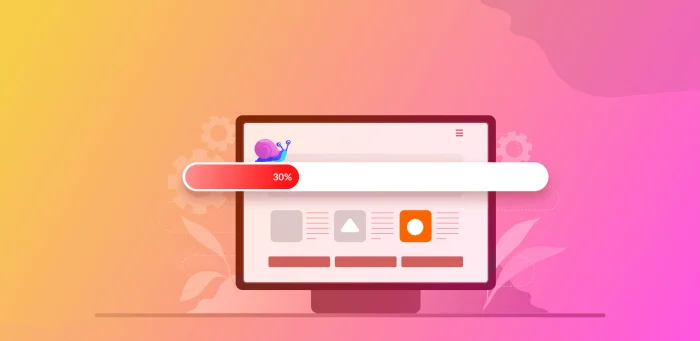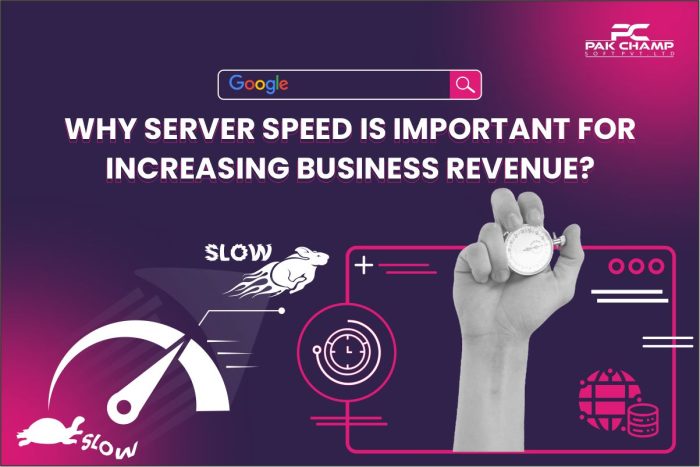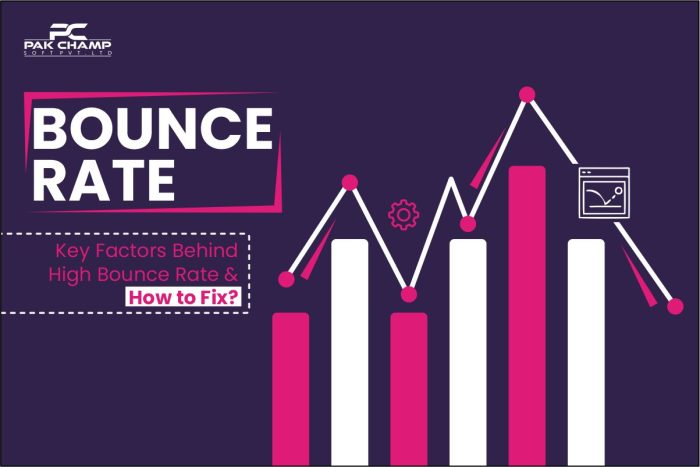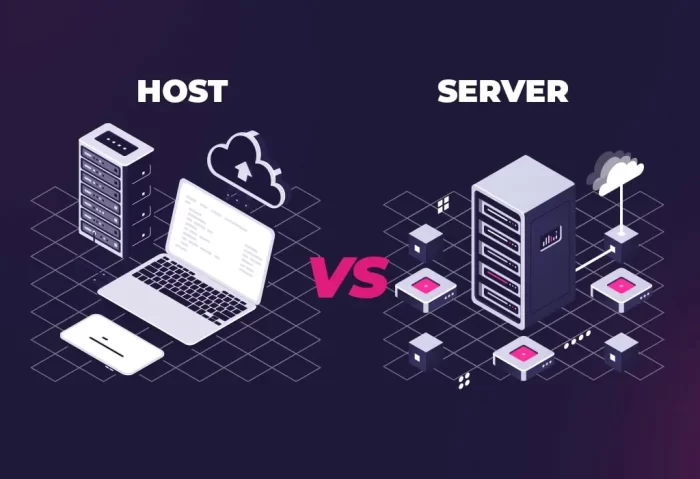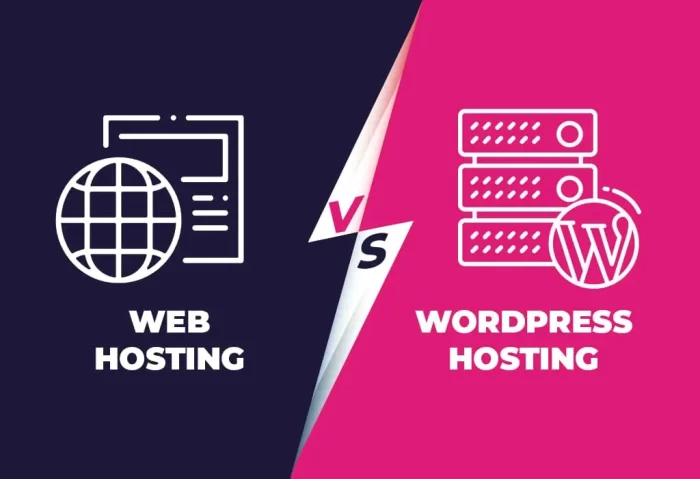Data protection and privacy are not just buzzwords; they are real threats that can cripple any organization, regardless of its size. The need for robust server data protection and privacy measures is not a choice but a necessity to reduce the risk of cybercriminals. However, many organizations need help balancing robust data security with limited budgets.
Implementing robust data protection doesn’t have to be a financial burden. By focusing on critical data, leveraging cost-effective technologies, and adopting a layered security approach, which involves using multiple security measures to protect individuals’ and organizations’ data without overspending, these practical and manageable steps empower you to protect your data efficiently.
This article will explore what data protection is. server data protection and privacy cost-saving tips to protect your organization’s data against breaches and compliance penalties. Whether you have a small startup or a large enterprise, these insights will help you protect your server data efficiently. Let’s delve with us to learn how to protect your server data without breaking the bank.
Table of Contents
ToggleWhat is Data Protection?
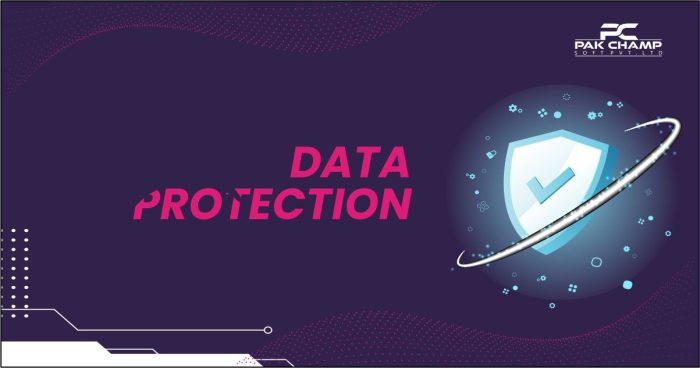
Data protection is the process of protecting sensitive information on your server from unauthorized access, use, disclosure, disruption, modification, or destruction. It ensures individuals’ privacy and handles their data securely. Organizations and businesses mainly depend on data; even failure to protect data can cause financial losses, customer trust, and loss of reputation.
Cyber security or server data protection and privacy is one of the most challenging tasks for small business. by adopting security measures, you can reduce the risk of data breaches.
Data Protection and Privacy Cost Savings Tips
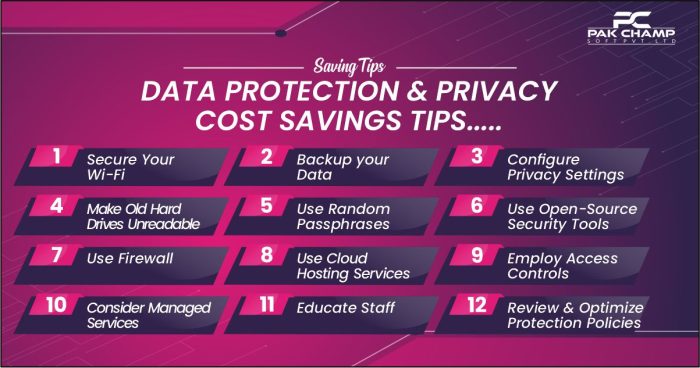
Data security is not a complex puzzle but a practical and manageable task. By understanding what data, you hold and how you store and use it, and by following some practical and cost-effective tips, you can protect your data efficiently.
Secure Your Wi-Fi:
Secure your Wi-Fi network and access points or routers. Use strong passwords to secure your data from unauthorized persons and cybercriminals. If your network is not safe, it’ll be easy for cyber criminals to access and hijack your devices and website single-handedly.
Implement WPA2 or WPA3 encryption for prior data security to secure your network from unauthorized access. Create a strong and unique Wi-Fi password using a mix of characters and avoid easily guessed information.
Update your router’s firmware regularly to address security issues and activate the router’s firewall to monitor and filter network traffic.
Set up a separate guest network to avoid expected security challenges and keep your main network secure from external devices. Although MAC filtering can add a layer of security, it’s not foolproof, so monitor all the connected devices and scene unfamiliar ones. Remember that your Wi-Fi username is publicly visible, so avoid using personal details.
Lastly, consider using a VPN to encrypt your internet traffic, especially when accessing sensitive information over public networks. These steps will safeguard your Wi-Fi network against unauthorized access and potential cyber threats.
Backup your Data:
Data backup is not just a basic process, it’s a crucial step in protecting your data from potential cyber threats. It creates a duplicate copy of your data, ensuring your important information is safe even during a cyber-attack or compromise. A robust data backup plan makes you feel secure and prepared to meet unexpected challenges.
To meet the expected challenges, keep your important files and data on an external hard drive, cloud storage service, or another secure location.
Configure Privacy Settings:
Configuring your privacy settings is not just a step, it’s a powerful tool to protect your personal information and gain complete control. By adjusting these settings, you can secure your devices and be confident that your privacy is enhanced and that your data and sensitive information are completely safe from cyber criminals.
Make Old Hard Drives Unreadable:
Protecting server data and sustaining your privacy when disposing of old computers is necessary. To preserve your privacy and protect server data, make your hard drives unreadable before disposing of them. You can back up your server data somewhere else or use software to overwrite the data with random patterns. You can also sanitize the disk by shredding or using software to clean it. This ensures that unauthorized individuals cannot recover or access any sensitive information previously stored on these drives.
Use Random Passphrases:
Using random passphrases, which are unique and complex sequences of characters, helps to enhance security, mainly when dealing with sensitive information. The words/phrases must be used randomly, at least 15 characters long, but ensure they do not relate to your personal information. Although memorizing multiple passphrases is hard, saving them in a password manager is better to keep them safe.
Use Open-Source Security Tools:
Using open-source security tools can improve your cybersecurity while maintaining your budget. These tools are freely available, and their source code is accessible to everyone. For instance, firewalls like pfSense, antivirus software like Clam AV, and intrusion detection systems like Snort allow organizations and individuals to secure their server data from cyberattacks and data breaches. Many open-source tools provide robust security features at budget-friendly prices, so you can use them to minimize cyber-attacks on your website or servers.
Use firewall:
To safeguard your server data, firewalls act as a security barrier between your sensitive data and external dangers, blocking malicious traffic and viruses and preventing unauthorized user access. They continuously monitor incoming and outgoing data to ensure only legitimate and safe transactions are processed.
Configuring specific rules and permissions lets you control what data can enter or leave your network. Additionally, a firewall helps against cyberattacks and data breaches and keeps your valuable information secure and private. A data protection firewall is essential for securing your server data and maintaining integrity in your competitive market.
Use Cloud Hosting Services:
Cloud hosting services involve utilizing remote computing resources and applications over the Internet to enhance business operations and personal technology use. By adopting cloud services, organizations and individuals can access a wide range of resources—such as storage, computing power, and software applications without investing in or maintaining physical hardware.
Cloud services typically include built-in security features and regular updates, reducing the burden of managing and securing IT infrastructure. This enhances data protection and saves organizations costs. Otherwise, you will have to invest in and maintain physical hardware. Therefore, cloud services can be a cost-effective and secure solution for website owners.
to meet the needs of hosting and data security, Pakchamp, offer top-of-the-line Cloud VPS Server hosting solution in Pakistan at affordable prices. Our Cloud VPS hosting services are well packed with the benefits of VPS hosting with cloud technologies, providing you scalable virtual environment hosted across a network of dedicated servers.
Employ Access Controls:
Employing access control and user authentication mechanisms is crucial for securing sensitive information and unauthorized access without requiring additional hardware. Use role-based access control to ensure users have only the permissions they need.
By setting up user permissions, defining roles and responsibilities within the organization, and using authentication methods such as passwords, biometrics, and multi-factor authentication, organizations and individuals can equip themselves to meet unexpected challenges from cyber criminals.
Educate Staff:
Train your staff on server data security for robust defense against potential threats. By implementing security awareness among employees, organizations can significantly minimize the risk of attacks and enhance overall server security.
For staff training and practice, you can send mock phishing emails to your staff and train them to respond. Ensure all your staff members know best practices for security, critical signs of cyber-attacks, and your incident response plan.
Consider Managed Services:
Managed services offer a robust solution to protect data and maintain operational activity smoothly. Outsourcing data protection to experienced providers helps boost businesses. It offers advanced security measures, proactive monitoring, and rapid incident response capabilities to meet industry standards.
With dedicated professionals offering data security around the clock, you can focus on your core business activities with peace of mind.
Review and Optimize Protection Policies:
Review your data protection policies regularly to identify areas for improvement. This will enhance your business efficiency and reduce unnecessary expenses.
How can AI Impact on Reducing Data Management Costs?
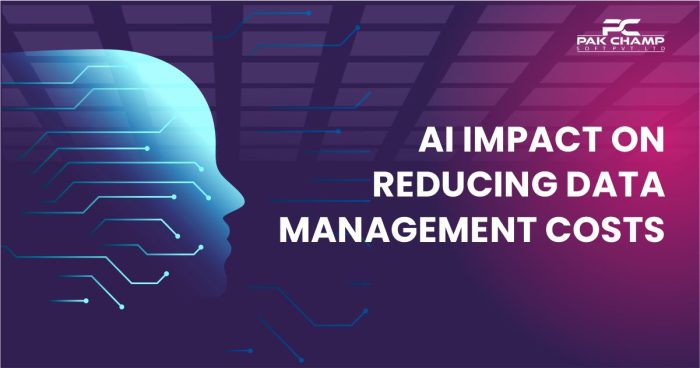
AI significantly fixes its footprint by reducing data management costs by automating repetitive tasks such as data entry and validation and optimizing storage usage via predictive analytics. It also helps enhance cybersecurity measures with real-time threat detection and response capabilities.
AI-powered anomaly detection can eliminate manual errors and forecast future storage needs to optimize resource allocation, flag unusual data access patterns, prevent potential breaches, and minimize security-related expenses.
Even though AI-driven solutions enable organizations and individuals to drive sustainable business outcomes while maintaining data integrity and accessibility at cost-effective prices.
Conclusion
Data protection and privacy are necessary for a successful and smooth workflow. Organizations and individuals can protect themselves from expected financial loss and reputational risks by following cost-saving data protection and privacy tips.
Although data protection and privacy strategies may vary depending on industries, geographic locations, customer requirements, and numerous other factors, following the above-mentioned tips and tricks can strengthen your organization’s data protection framework. I hope this blog post will help you protect your sensitive server data and maintain your privacy to maintain your digital growth.

